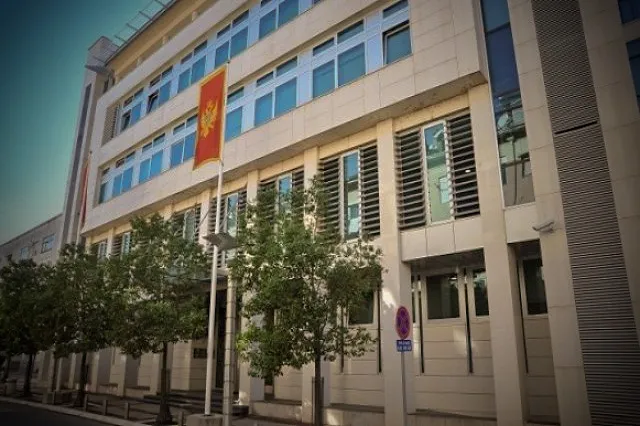 Crnogorski
Crnogorski English available languages
English available languages
Cabinet’s decisions made without holding session (15/05/20) Montenegro
Montenegro Cabinet’s decisions made without holding session (15/05/20)
The Montenegrin Cabinet, without holding a session and based on the obtained consent of the majority of members, gave its consent on Thursday, 14 May, to Amend the Medium-Term Plan of the Investment and Development Fund (IDF) of Montenegro for the period 2019 – 2022, due to the new situation caused by the coronavirus pandemic. The reduction of all economic activities, due to the coronavirus pandemic, has led to the need for an adequate response from the IDF, in order to mitigate the negative effects on the Montenegrin economy. In the coming period, the IDF will create support programs in line with the needs of the economy and the Governments economic policy, all with the aim of preserving existing companies, jobs, as well as initiating new investments, to preserve the Montenegrin economy. The programmes will be created in cooperation with the competent ministries, in order to use the available resources in the best possible way. The expected increase in demand for adequate financial support programs and an increase in lending activity is up to 30 % compared to the plan.

The Cabinet passed the Information on providing budget funds to Montenegro Airlines, to cover the costs incurred by the implementation of special charter flights during the interruption of commercial traffic in the period from 16 March to 4 May 2020. The Ministry of Finance is in charge of providing funds in the amount of EUR 501.641.21 from the Current Budget Reserve for this purpose, based on the appropriate documentation and submitted invoices.
The Cabinet also adopted the Draft Law on Accounting, which regulates the classification of legal entities registered to perform economic activities and parts of foreign companies, conditions and manner of keeping business books, accounting organisation, preparation, submission and publication of financial reports, conditions and manner of valuation of assets and other issues relevant to accounting. The main reason for passing the Law is the harmonisation of existing regulations with the relevant EU directives. The new Law will enable improvement of the existing legislation in the field of accounting and financial reporting. The envisaged legal solution also regulates the area of valuation, in accordance with the best international practice.
The Cabinet passed the Information on the Instrument for Pre-Accession Assistance of the European Union (IPA III) for the period 2021-2027 and the beginning of the preparation of programmes IPA 2021 and IPA 2022. Compared to the practice from previous perspectives IPA I and IPA II, a significant novelty in IPA III will be that the amounts of financial support by countries will not be defined in advance, but there will be a single, common budget for all IPA beneficiary countries. The European Commission has devised this approach, in order to encourage faster and more efficient implementation of programmes and projects, but also to provide beneficiary countries with additional opportunities and a reward for good dynamics in implementing reforms, which is also in line with the revised methodology of accession to the European Union.
When it comes to programming support, although from the perspective of beneficiaries there will be no major changes in the process itself, the European Commission will seek to ensure a performance-based approach through IPA III, supporting countries and institutions committed to greater extent of reform. The relevance (
strategic importance) and maturity of the proposed projects will be the key criteria for obtaining financial support, in accordance with the rules applicable in EU Member States, when using the European structural and investment funds. This approach will mean that every year, at the level of the Western Balkans and Turkey, the European Commission will select the projects that are best ranked according to the criteria of strategic importance and maturity. In practice, this will mean that countries with more willing projects and a good strategic planning system will be able to use more resources than less ready countries. Also, the possibility of using additional funds for countries that will progress faster in the negotiation process was announced.
Source: Gov .me Montenegro Cabinet’s Decisions
Montenegrin Cabinet’s Decisions 2020
GOV ME GOV ME GOV ME GOV ME GOV ME GOV ME GOV ME GOV ME GOV ME GOV ME GOV ME GOV ME GOV ME GOV ME GOV ME GOV ME GOV ME GOV ME GOV ME GOV ME GOV ME GOV ME
 Crnogorski
Crnogorski English available languages
English available languages
 Crnogorski
Crnogorski English available languages
English available languages
 Crnogorski
Crnogorski English available languages
English available languages